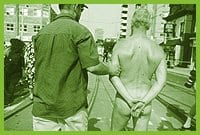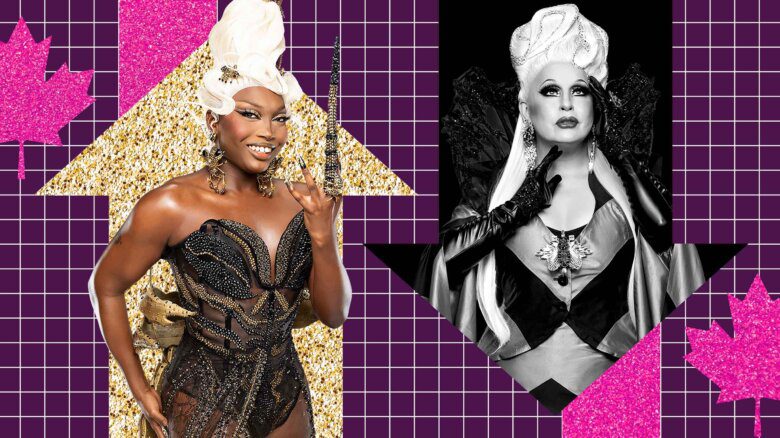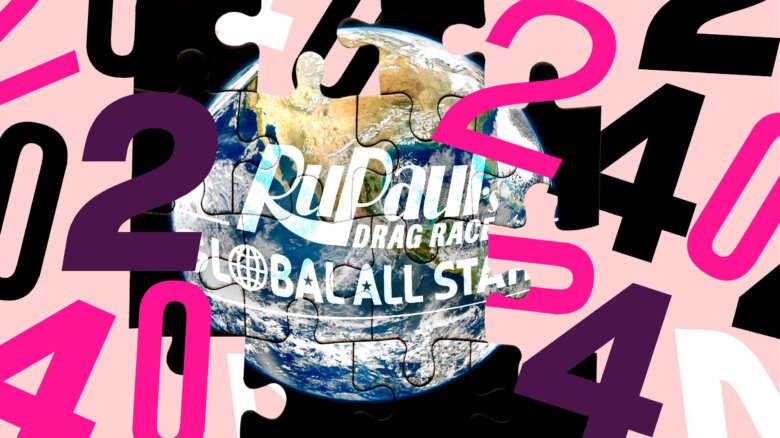Supt Aidan Maher of the Toronto Police Service’s 52 Division could have been thinking about murder, domestic assault and dangerous driving for the past couple of weeks.
Instead, he turned his attention – and the attention of at least 10 of his officers – to the weenies of a handful of gay nudists in the Jun 30 Pride parade, setting in motion what could be a major test case on public nudity in Ontario.
“I spent a bit of time on this,” Maher says. “I hope that by addressing it this year, we won’t have to address it in other years.”
Seven men were arrested by plainclothes officers at the conclusion of their naked march with the group Totally Naked Toronto Men Enjoying Nudity (TNT MEN). Richard Westgate and Abuzar Chaudhar were arrested in taken into custody for about eight hours when they refused to put on their clothes at the scene. Americans Kelly Martino and Patrick Johnson were taken to 52 Division, charged and released without bail. Peter Gray, Andy Chong, Lev Jaeger were ticketed and released on the spot. They’re all scheduled to appear in court at Old City Hall (Queen and Bay) on Wed, Aug 7 at 3pm to answer to Criminal Code charges of public nudity.
Though police have treated the men’s nudity as a public priority – Maher says he received two complaints about it this year, following two last year – the bigger question is whether Ontario Attorney General David Young will agree.
Public nudity charges in Ontario have the unusual quirk in requiring the written approval of the attorney general before they can proceed. (This extra step goes back to a 1996 Ontario Appeals Court ruling in favour of Gwen Jacob, a Guelph women arrested for toplessness on a hot day in 1991. Since that decision, it has been legal for women in Ontario to go topless.) The arrested men and the police are hoping that a decision comes in a matter of weeks.
“I can’t generalize or speculate on any of this,” says Marianne Summers, who works in the attorney general’s communication office. “Crown counsel will review these charges on a case by case basis to determine whether or not a recommendation will be made to the attorney general to consent to the proceedings.”
Just this spring, 52 Division Staff Sgt Hugh Ferguson was reported in The National Post as saying that police chose not to arrest Toronto Maple Leaf fans who exposed themselves on Yonge St when their team won a game.
“We saw people hanging on to trucks and exposing themselves – the usual stuff – but it was all in the name of fun,” Ferguson was quoted as saying. It’s unclear whether it is Pride’s political nature or the sexual orientation of the exhibitionists that provoked the police at Pride.
“We just want a decision [on the legality of nudity] one way or the other,” says Maher.
Richard Westgate, a 58-year-old business analyst, says he doesn’t regret being naked in the parade, and that he’s prepared to take the issue as far as he can afford to take it.
“We can’t really be upset because we forced the issue,” says Westgate. “The plan of TNT MEN is to fight the charges. It’s easier if the attorney general doesn’t give permission [for the charges to proceed]… but it’s actually a better solution if the charges are fought and we won.”
Westgate says Canada doesn’t need laws to prohibit non-sexual nudity.
“Nudity laws are a holdover from the morality of a previous age,” he says.
Does it bother him if some of the estimated one-million parade watchers didn’t want to see his exposed penis?
“If they don’t like it, they don’t have to look. People have piercings that would make your stomach churn, but I don’t have to look at them.”
The Toronto Pride committee has something of a don’t ask, don’t tell policy on nudity. They pass on police warnings to parade participants and say the don’t condone illegal behaviour, but have told police that they’re concern is the safety of participants, not enforcing Criminal Code laws.
“People march in the parade in whatever costume they want to march in the parade in as long as they’re not endangering anyone,” says Pride co-chair Kyle Knoeck. “I think [the arrests] are too bad. Pride is supposed to be about fun, celebrating our identities and the community. These seven individuals probably had an experience that wasn’t enjoyable.”


 Why you can trust Xtra
Why you can trust Xtra


